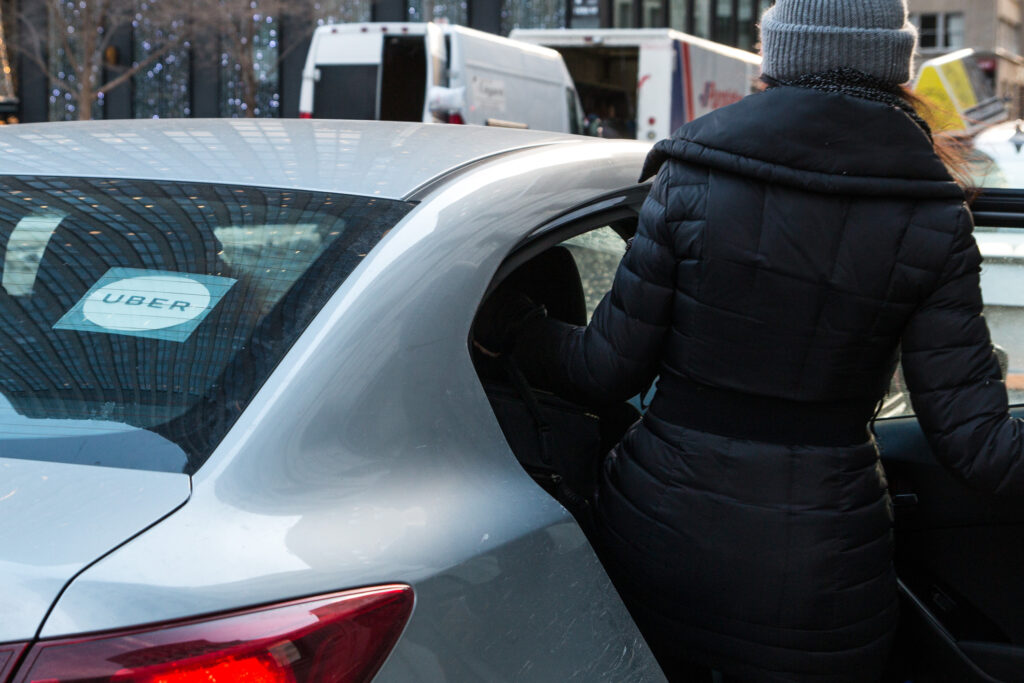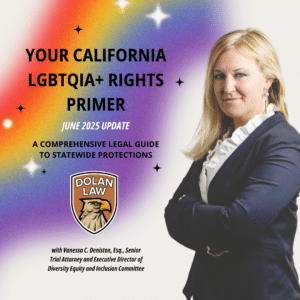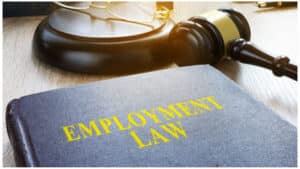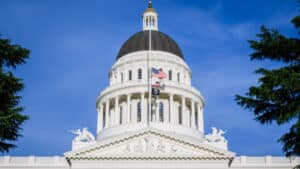Today’s question comes from Jennifer T. in Diamond Heights who asks:
Q: “I drive for Uber, Lyft, and DoorDash. I have filed my taxes as an independent contractor as that’s what I was told to do by these companies. I heard that there is a new law which will provide me with protections that usually have only been provided to employees. What am I, an independent contractor or employee? What new protections do I have now?”
A: The new law that you have heard about, AB 5, amends Labor Code Section 3351, adds a new Labor Code Section 2750.3, and amends sections 606.5 and 621 of the Unemployment Insurance Code, to ensure the workers who are currently exploited by being misclassified as independent contractors are instead recognized as employees who have basic rights and protections. The legislative history produced during its enactment declared that when workers are unfairly misclassified as independent contractors: (1) these workers are harmed by the loss of significant workplace protections such as they deserve under the law, including a minimum wage, workers’ compensation if they are injured on the job, unemployment insurance, paid sick leave, and paid family leave; (2) it is unfair to other employers who must compete with companies that misclassify; and (3) there is harm to the state of California in the form of lost revenue from these companies avoiding obligations such as payroll taxes and premiums required under workers’ compensation, Social Security, unemployment, and disability insurance programs.
The new Labor Code Section 2750.3(a)(1) remedies these injustices by providing that a person providing labor or services for remuneration (money) shall be considered an employee rather than an independent contractor unless the hiring entity demonstrates that all of the following conditions are satisfied: (A) The person is free from the control and direction of the hiring entity in connection with the performance of the work, both under the terms of the contract for the performance of the work and in fact; (B) the person performs work that is outside the usual course of the hiring entity’s business; (C) the person is customarily engaged in an independently established trade, occupation, or business of the same nature as that involved in the work performed.
The amended Labor Code Section 3351 provides that the law applies to every person in the service of an employer under any appointment or contract of hire or apprenticeship, express or implied, oral or written, whether lawfully or unlawfully employed, and specifically includes: non-resident immigrants and those without proper documentation; minors; elected and appointed paid public officers; incarcerated persons engaged in vocational rehabilitation for pay; truck drivers; and tutors. The law also exempts a long list of occupations including, but not limited to: physicians and surgeons; dentists; podiatrists; psychologists; veterinarians; licensed lawyers, architects, engineers, private investigators, accountants, barbers, estheticians, and cosmetologists; registered security brokers and advisors; real estate salespeople; live-in nannies; direct sales people; and commercial fisherman. The law also does not apply to any workers who can negotiate for their rate of pay, control their hours, and market themselves to multiple businesses, such as: travel agents; outsourced marketing consultants; HR administrators; graphic artists; design professionals; grant writers; fine artists; tax preparers; some still photographers; photojournalists; freelance writers who only do occasional work; repossession agents; and construction trucking service providers.
You, as a Lyft, Uber, and DoorDash driver, are squarely protected under this law and must now receive the benefits other employees would receive, including earning at least the minimum wage. In its perpetual refusal to follow the law, Uber has indicated that it will not comply with AB 5 and filed a federal lawsuit at the end of last year claiming the law to be unconstitutional. Notably, it did not file in a California State Court, which it predicts would be a futile exercise because AB 5 was based on a groundbreaking California Supreme Court decision, Dynamex Operations West, Inc. v. Superior Court of Los Angeles (2018) 4 Cal.5th 903 (“Dynamex”), which established the new test for determining whether a particular set of job circumstances make someone an employee or independent contractor. Uber hopes the conservative U.S. Supreme Court will be more receptive to their pleas. Fortunately, this will likely be an uphill battle as the Supreme Court has routinely upheld a state’s rights to legislate its own citizens’ working conditions.










